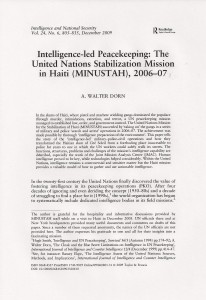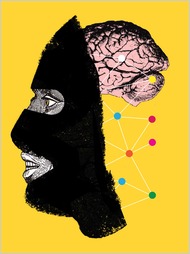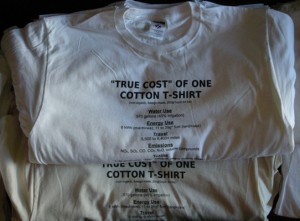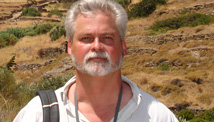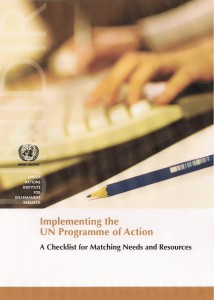
The real motives behind the increasing US involvement in Yemen are obscure, to put it charitably. M.K. Bhadrakuma, retired Indian diplomat, presents a complex and fascinating — and no doubt controversial — hypothesis in this regard. Bhadrakuma, a prolific writer, is an astute observer of the Central and South Asia, and judged by his writings, he is by no means a toady of the Indian government.
Chuck
UPDATED to add critique of the below article by a colleague of Chuck Spinney's (below the fold).
It's all about China
Most important, however, for US global strategies will be the massive gain of control of the port of Aden in Yemen. Britain can vouchsafe that Aden is the gateway to Asia. Control of Aden and the Malacca Strait will put the US in an unassailable position in the “great game” of the Indian Ocean. The sea lanes of the Indian Ocean are literally the jugular veins of China's economy. By controlling them, Washington sends a strong message to Beijing that any notions by the latter that the US is a declining power in Asia would be nothing more than an extravagant indulgence in fantasy.


